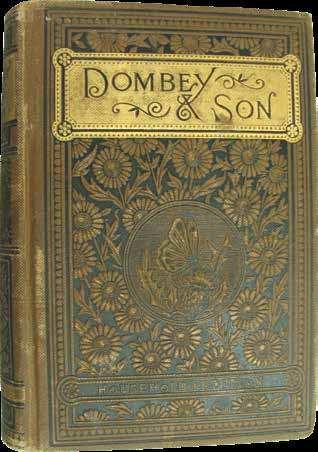
2 minute read
Dr Fingers’ Grammar Clinic
from englishlnhot2182020
by nikolatysh
DR FINGERS’GRAMMAR CLINIC Might, passives, possessives
clinic@hotenglishmagazine .c om
Advertisement
Please send your questions or stories to: clinic@hotenglishmagazine.com Q uestion

D ear Dr F ingers , Please c ould y ou help me? I ha v e a number of questions. F irstly , W ha t is the inter r oga tive f or m of the f ollo wing sen tenc e? “I t might r ain t oda y . ” Sec ondly , I would like t o k now the diff erenc e bet w een “ is cancelled” and “ has been canc elled” . A nd finally , I would like t o k now if ther e is a differenc e bet w een “ Charles ’ books” (with just one “ s ” a t the end and af ter the apostr ophe) and “ Charles ’s books ” (with an “ s ” af ter the apostr ophe).
Yours ,
H inge.
Dear Hinge, Thank you very much for your extremely interesting questions. I will try to answer each and every one of them to the best of my abilities.
Question I: As you know, “might” can be used to talk about probability. However, the interrogative form “might it rain?” sounds very formal and antiquated. Some alternatives to this question could include: a) Do you think it could rain today? b) Do you think it’s going to rain today? c) What do you think the weather is going to be like today?
Question II (“is cancelled” and “has been cancelled”): Basically these two structures are very similar in meaning, although they are using different tenses (the present passive and the present perfect passive). They both refer to the fact that there is no meeting. However, there is a very subtle difference. Compare these two sentences: a) The meeting is cancelled due to staff shortages. (This is a fact, and this is the situation now.) b) The meeting has been cancelled due to staff shortages. (The action of cancelling happened before now – the meeting was cancelled by someone in the past, and this is the situation now.) In short, both sentences refer to the same result: there is no meeting. But there is a very subtle difference, as you can see with the present tense being used to demonstrate a fact, and the perfect tense being used to describe an action that has occurred before now.
idioms
Question III (Charles’ versus Charles’s): Remember that with most plural possessive forms you can put the apostrophe after the “-s”. For example: a) The cats’ dinners. b) The girls’ bicycles. However, names ending in a /z/ or /s/ sound, such as Dickens and Charles may be written in two ways in the possessive singular form: a) Dickens’ house; Charles’ books. b) Dickens’s house; Charles’s books. Both are correct, although personally I prefer the first option (a). Well, Hinge, I really hope my explanations have helped you understand these things. Yours, Dr Fingers. Please send your questions or stories to: clinic@hotenglishmagazine.com



These eBooks will guarantee you learn and remember over 500 idioms! Try one out for yourself, it’s pure magic!

Tap here to buy!










